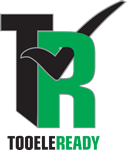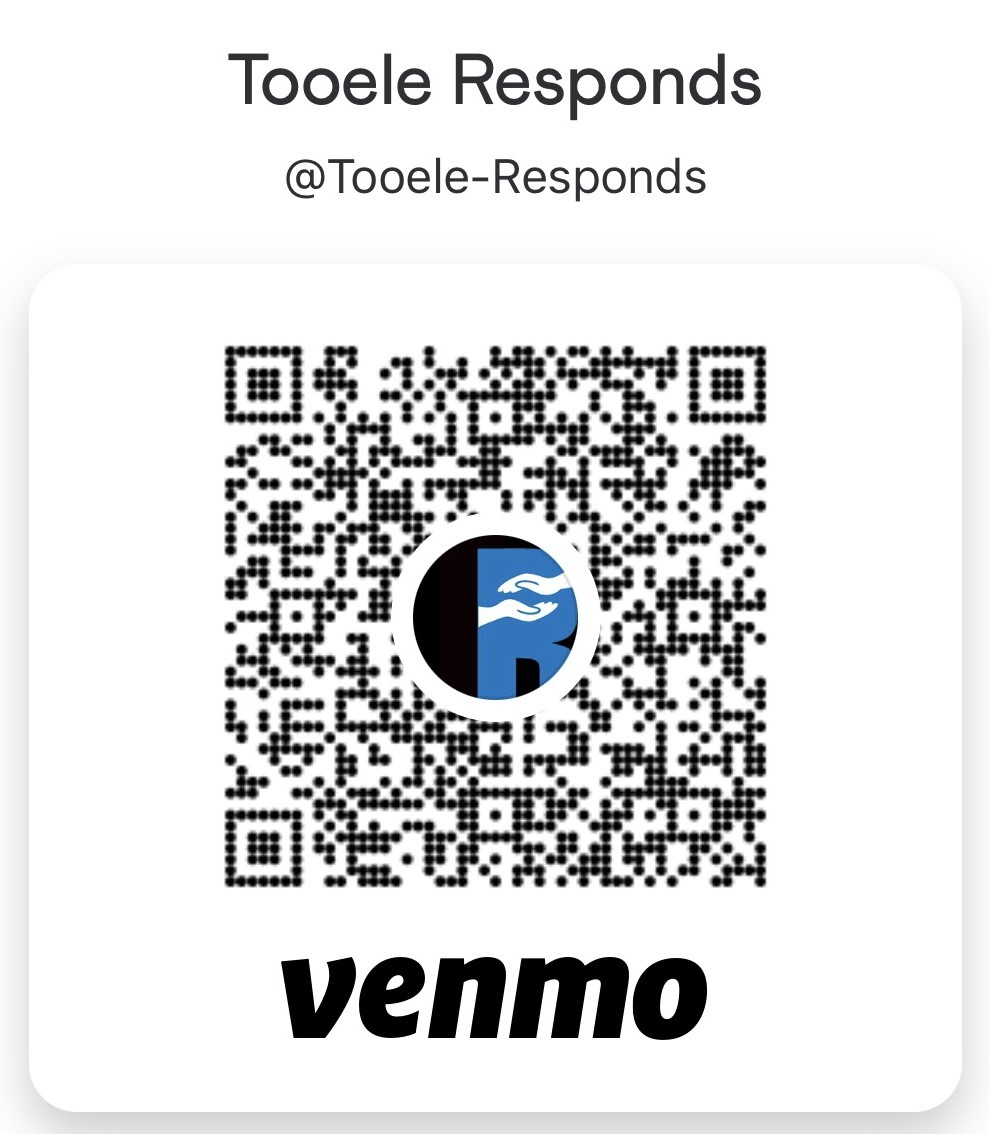Ready Special Needs
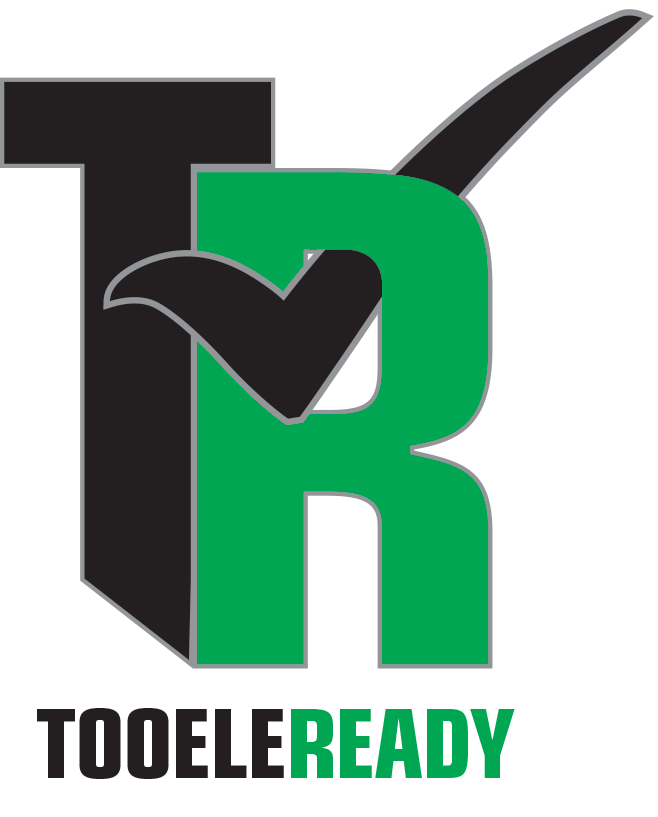
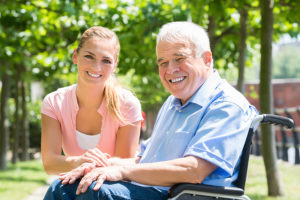 People with disabilities or special needs should take extra precautions when preparing for a disaster. One of the most important things you can do is have a buddy, someone who can help you evacuate and take care of you. During an emergency, your usual care giver may not be able to help you. Make sure your buddy knows how to operate any medical equipment you use and knows what medication you may need.
People with disabilities or special needs should take extra precautions when preparing for a disaster. One of the most important things you can do is have a buddy, someone who can help you evacuate and take care of you. During an emergency, your usual care giver may not be able to help you. Make sure your buddy knows how to operate any medical equipment you use and knows what medication you may need.
- Plan for backup sources of heat, refrigeration, and electricity.
- You can use a Red Cross shelter for storing medicine, charging equipment and getting meals. You do not have to be staying in a shelter to use its resources.
- If your child depends on dialysis or other life sustaining treatment, know the location of more than one facility: find out the facility’s plans for emergencies and how your child will get treatment, medications, etc. Get their emergency contact numbers.
- Create and practice an escape plan for your home.
- Be sure there are clear exit paths for a child who uses mobility devices or has vision loss.
Talk to your local police and fire departments to see if they have emergency services or plans for people with special needs.
Register with https://www.specialneedsutah.org/ that allows families to create a safety profile for their household that includes any information they want emergency responders to have in the event of an emergency.
- Obtain a medical alert and/or identification bracelet for your child. Some organizations sell decals that can be put on the home or car to alert responders that there is a child with special needs.
- Ask for the emergency plan at your child’s school or child care. Plan with them how your child will get the care they need in an emergency.
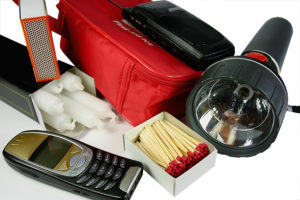 Pack an Emergency Supply Kit
Pack an Emergency Supply Kit
In addition to supplies needed for a general disaster kit, you may need to add several things to the kit for your child with special needs.
General Information and Supplies:
- A current copy of your special needs person’s Care Plan, including a contacts list in case of emergency.
- Current medical information and records stored on a flash drive or phone app (keep one paper copy in a waterproof bag).
- Batteries for hearing aids and communication devices.
- Special dietary foods and supplies.
- Items that calm or entertain your child.
- Identification to be carried by each person in case your family gets separated.
Power Supplies:
- A generator for backup power support (due to deadly fumes, never use a generator indoors).
- An AC adaptor for your car to charge small electrical equipment such as a nebulizer.
- Battery powered versions of medical equipment your child uses.
- Manual wheelchair or other non-electric equipment.
- Backup chargers a cell phones. This include a hand-cranked USB cell phone emergency charger, a solar charger, or a battery pack. Some weather radios have a built-in hand crank charger.
- Backup chargers for a laptop or tablet could include a 12V USB adapter that plugs into a car, an inverter, or a battery jump pack with a USB port.
Medical Supplies and Medications:
- Talk with the doctor about how to get an emergency supply of medicines. If your special needs person takes medicine given by a clinic or hospital, talk with them about how to plan for a stoppage due to a disaster.
- Ask your pharmacist how long the medicine can last, and storage needs of the medicines.
- Keep a two-week supply of medical care items such as needles, nasal cannulas, bandages, etc.
- Keep a cooler and chemical ice packs for storing medications that must be kept cold.
- Keep prescription information in your wallet, survival kit and car that includes the name, location and phone number of an out of town pharmacy.
Other Helpful Tips:
- Pack smaller “to go” kits for use in an evacuation. Store them in multiple places such as your car, at work and at school.
- Update supplies yearly, replace water every six months, and update emergency contact and medical forms as needed.
- If you can’t contact your doctor or pharmacy in a disaster, ask for help from emergency responders or staff at emergency shelters or service centers. You can get help in getting medication from a Red Cross shelter or by dialing 211 for the Utah State Information Network.
